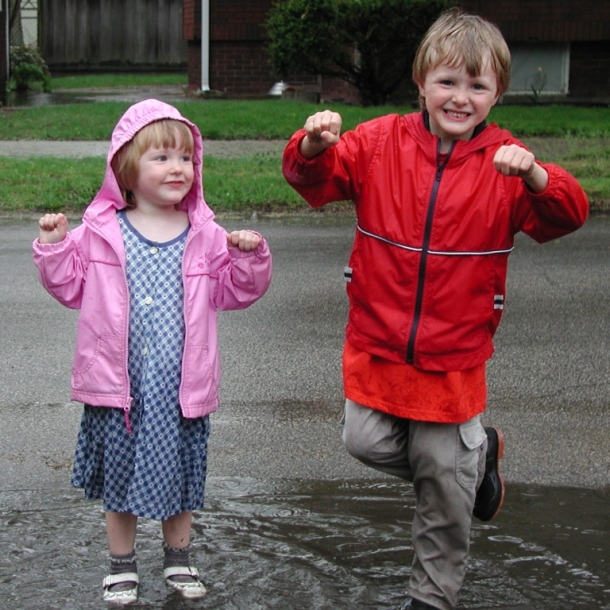
In the midst of all the holiday rush this week, there was an amazing story in our local paper about a woman who gave birth to her baby while on the local interurban trolley. Musing about this story, I pieced it together with a fragment from Philip Larkin’s poem “Days” in the form of a glosa.
The shepherds on the trolley
Ah, solving that question
Brings the priest and the doctor
In their long coats
Running over the fields.
[Philip Larkin]
A girl gave birth in Goshen
on the trolley yesterday
right outside the courthouse.
She said nothing like this
had ever happened to her before,
and to be fair, it was unusual
for all the other passengers as well.
But why on earth was she giving birth alone
in front of that grand governmental bastion?
Ah, solving that question
could drag a friendly conversation
into politics or sociology
all of the dark arts broken free from
anchors in reality. She must have been
on drugs or didn’t use protection.
We raise the dreaded specter
of the welfare state to put her in her place.
But really any proper telling of this holy story
of the bus-born child and the girl who rocked her
brings the priest and the doctor
long before the yard signs and the
focus groups. For here’s the miracle:
we have a child not left behind.
A host of ordinary saints embrace
with great compassion the miracle
before their eyes, this fellow-traveler who dotes
upon her newborn, nestled in a crèche
between the seats. These put to shame
the glad-handing talking heads still chasing votes
in their long coats
with talk of census numbers, tax adjustments,
of sacrifice for everyone except themselves.
Ask the children now, and the neighbors,
with their noses pressed against
the glass – ask them if it matters
even slightly if some
stuffed up suit wields
the sword of morality. They’ll tell you:
every life is sacred, every fresh beginning,
every wave of hope a baby’s first cry yields
running over the fields.










